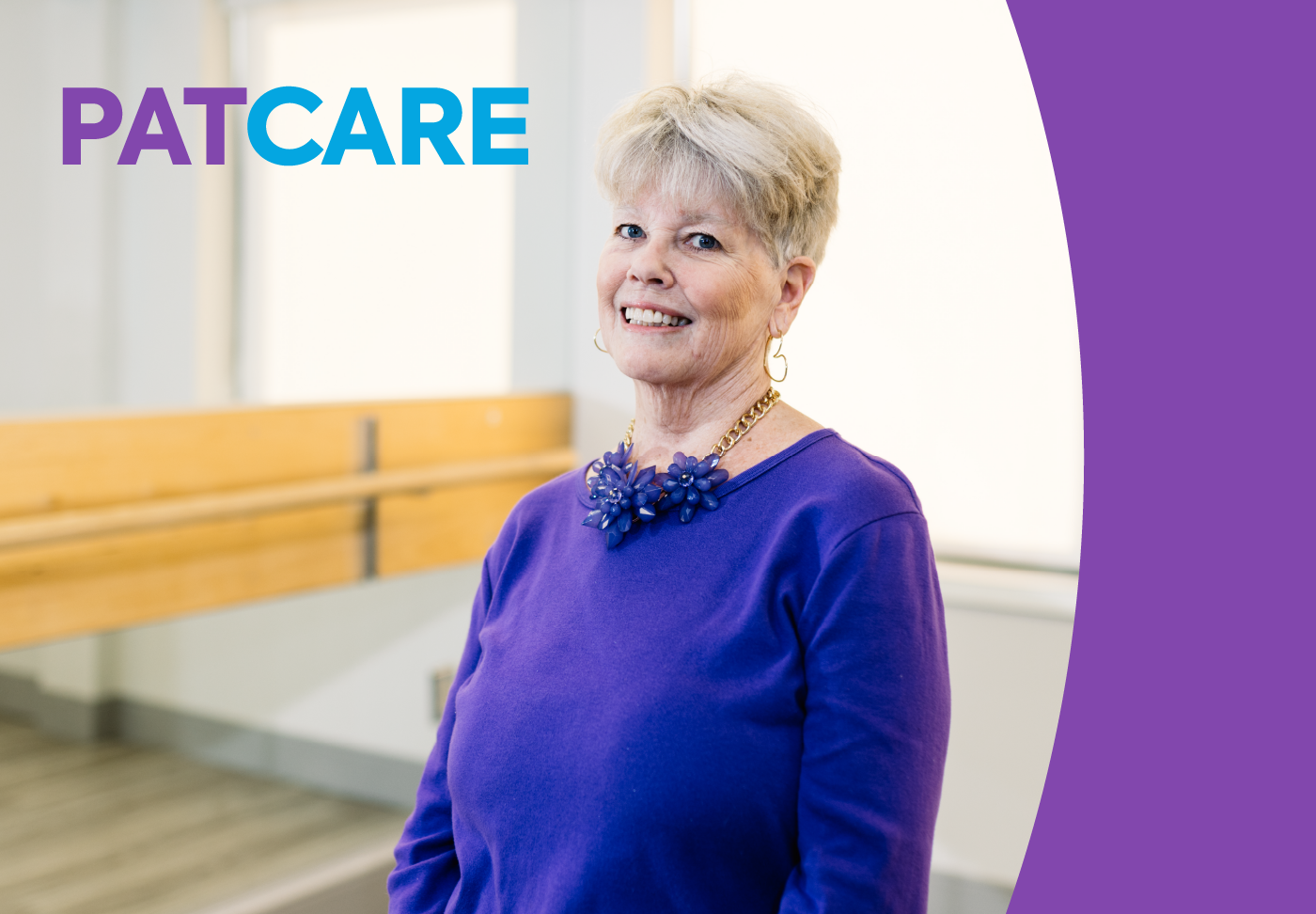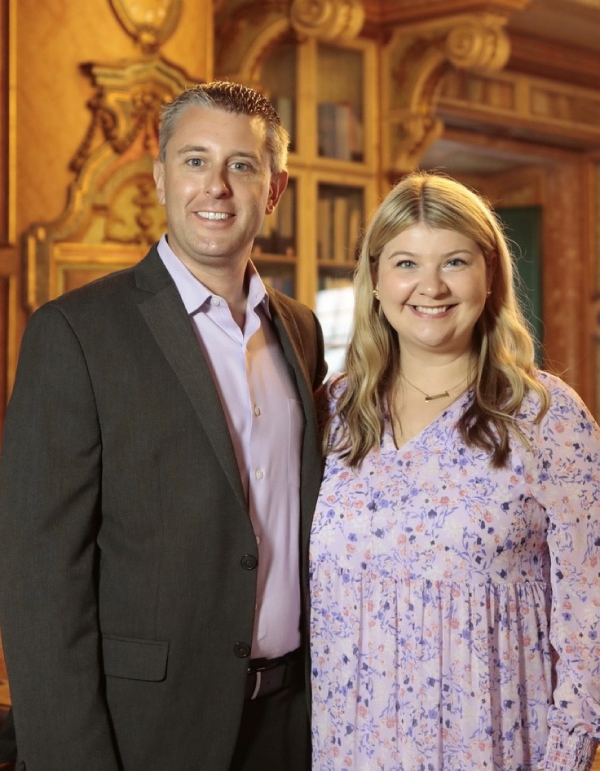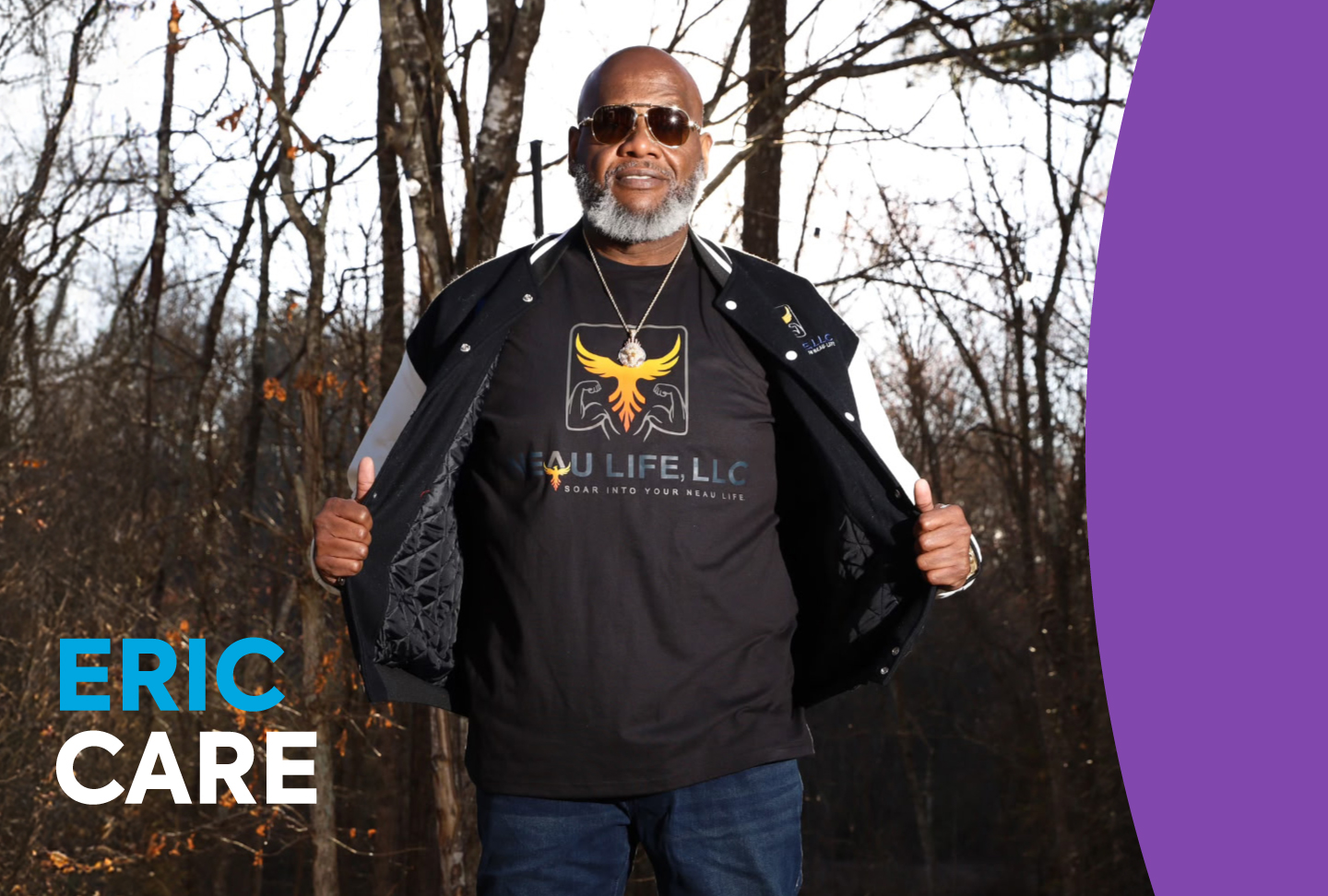In March of 2021, Ashley Martin suffered cardiac arrest, which kills about 90% of people when it happens outside of a hospital. Thankfully, she was already at Wellstar Kennestone Regional Medical Center receiving the compassionate care she’d been seeking to address a long list of symptoms.
Everything began at a hectic time in Ashley’s life. She was 30 and had just gotten engaged. Wedding planning had started with the help of her fiancé and their two young boys. The hope had been to have the wedding toward the end of 2021. But the unexpected happened.
“I was always healthy,” she said. “I grew up playing sports. I was a runner. I used to get headaches, but that was the extent of my medical history.”
Finding the right care when there is more than one symptom
Symptoms of what would ultimately be diagnosed as Guillain-Barré syndrome began in February of 2021. This rare neurological disorder causes the body’s immune system to attack the nerves.
Ashley started experiencing tingling in the tips of her hands and feet, which moved up her legs and arms as days passed. When intermittent numbness became a symptom, Ashley went to a hospital near her Peachtree City home. A clean CT and MRI meant she went home with plans to see a rheumatologist.
As she waited for her first appointment, she started feeling numbness in her feet.
“At one point, I took a step down the stairs and went tumbling down to the concrete floor,” Ashley said.
On another trip to the hospital near her home, Ashley was diagnosed with Guillain-Barré syndrome, but treatment was unsuccessful. The numbness continued, spreading to her face. She began using a walker and, soon after, a wheelchair.
“The paralysis had moved to my abdomen,” Ashley said. “I went to sleep one night and woke up abruptly gasping for air.”
Compassionate medical care at a pivotal point
Later that night, an ambulance brought Ashley to Wellstar Kennestone, where she would finally get the specialized neuro care she desperately needed. She was admitted to the Neurocritical Care unit, staffed by physicians, nurses and a medical team with specialized training in neurological conditions.
Upon arrival, she underwent respiratory failure due to paralysis spreading to her diaphragm. She was stabilized, but shortly after that, she experienced sudden cardiac arrest—the abrupt loss of heart function that stops blood flow to the body.
After a critical care nurse administered CPR, Ashley’s heart started beating again. Life support medications were given to keep her heart pumping.
“The neuro ICU nurses and doctors saved my life,” she said.
Later, her attending neurologist explained that the stress of her nervous system and immune system fighting, paired with respiratory failure, caused such high stress that she had a cardiac arrest.






